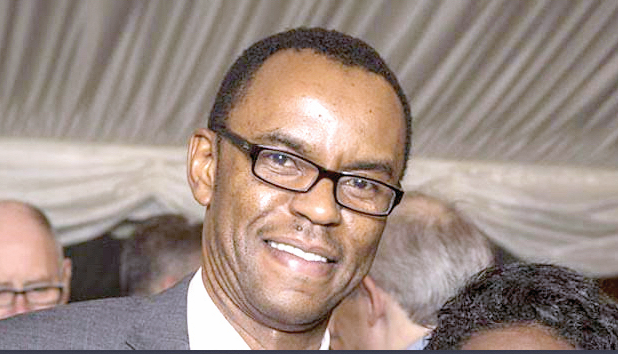Kenya lined for Sh15b World Bank vaccine fund

Kenya is to benefit from a regional programme funded by the World Bank at Sh15 billion ($120 million) to build her capacity in local manufacturing of vaccines as the Kenya Biovax Institute (KBI) prepares to start industrial processing of immunisation jabs.
During the launch of the Health Emergency Preparedness, Response, and Resilience Project (HEPRR) for Eastern and Southern Africa (AFE), which aims to strengthen sustained, comprehensive, and transformational impact on health emergency preparedness, response and resilience using the Multiphase Programmatic Approach (MPA), it was disclosed that the fund will boost the country’s capacity.
In the seven-year phased programme targeting eight countries at a cost of Sh130 billion (USD1 billion), according to KBI Chief Executive Officer, Dr Michael Lusiola, Kenya anticipates to benefit from the programme through involvement of a number of agencies within the Ministry of Health.
Vaccine manufacturer
“The Kenya Biovax Institute, being the country’s vaccine manufacturer alongside the Pharmacy and Poisons Board; the National Quality Control Laboratory, and the National Public Health Institute,” he said.
According to Dr Lusiola, in the first two years, the project will support the government to meet the basics for vaccine manufacturing, whereas most of the requirements are at an advanced stage and may be achieved earlier.
“However, the project will aim to fill any remaining gaps and ensure that KBI meets all the World Health Organization (WHO) requirements before proceeding to establishing capacity for Fill & Finish of human vaccines,” he added.
In the country’s local vaccine manufacturing timelines, it is anticipated KBI will begin with the Fill and Finish programme by the onset of 2027, before the actual manufacturing kicks off in 2029. Health Cabinet Secretary, Susan Nakhumicha said infectious diseases remain a serious health challenge across Africa and particularly, the Eastern and Southern African region.


